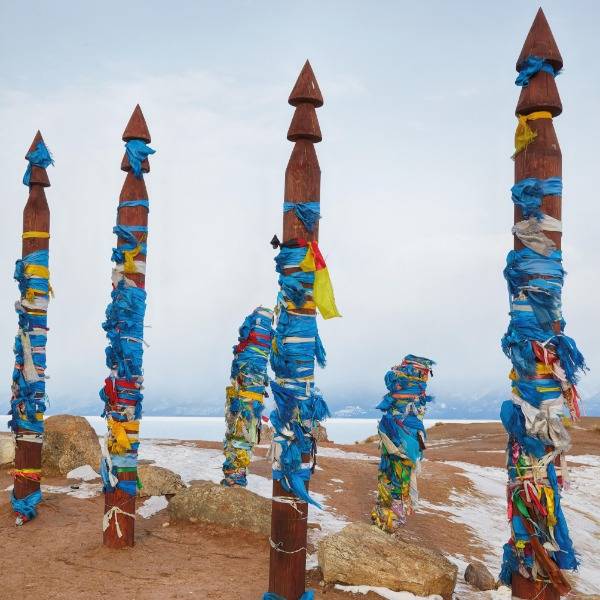On Friday, the House of Lords will debate Lord Falconer’s Assisted Dying Bill, which would open the door for doctors to help the terminally ill to die. The public debate has also been heating up, with the British Medical Journal coming out in support of the bill, as well as – more surprisingly – senior figures in the Church of England.
However, they clearly did not speak for the whole religious establishment. Today – the day before the bill’s first hearing – 23 religious leaders have issued a direct plea to parliament.
It was signed by the Archbishop of Canterbury, Justin Welby; the leader of the Roman Catholic Church in England and Wales, Vincent Nichols; the Chief Rabbi, Ephraim Mirvis; the secretary general of the Muslim Council of Britain, Dr Shuja Shafi; leader of the Hindu Forum of Britain, Ramesh Pattni; and the direct of the Network of Sikh Organisations, Lord Singh. It was also signed by Buddhist, Jain, and Zoroastrian leaders, as well as those from other Christian denominations, including Methodists, Baptists, and Pentecostals.
According to the Telegraph, which has reported on the letter, it warns of the dangers:
Far from bringing comfort to the dying, a change in the law would heap further distress and pressure on people at the most vulnerable time of their lives, they argue.
Enabling people to be actively involved in the deaths of others would leave them “colluding” in the idea that the person is of “no further value”, they say. For frail and vulnerable individuals, the consequences, they say, would be “the most disastrous”.
The opposition of faith leaders is no surprise; this has long been thought of as one of the main obstacles to the legalisation of assisted dying. This is despite the fact that research, also published today, showed that about 70 per cent of believers wanted to see a change in the law. A majority of Anglicans, Jews, and Roman Catholics wanted assisted dying for terminally ill people to be legalised. Only Baptists, Muslims, and Hindus opposed a change. The Times has more on the research.

